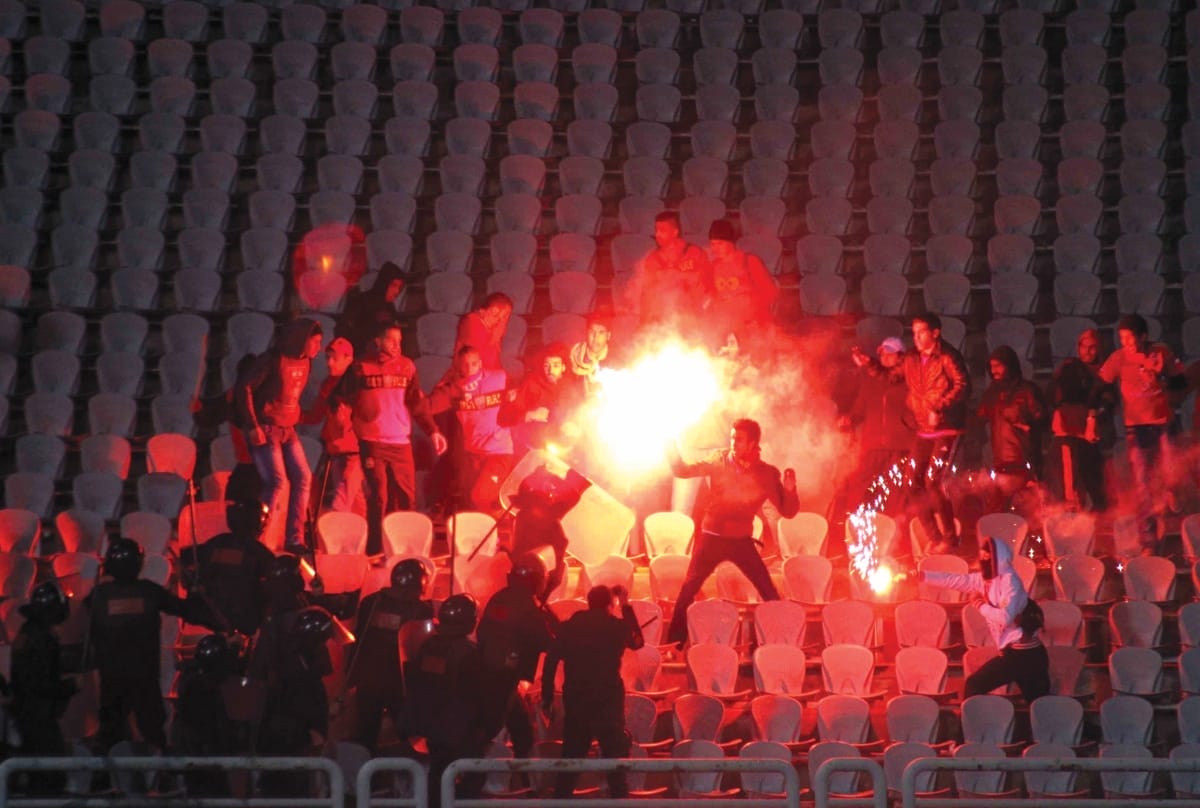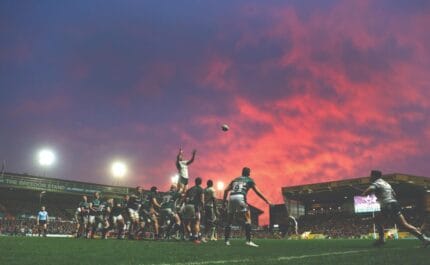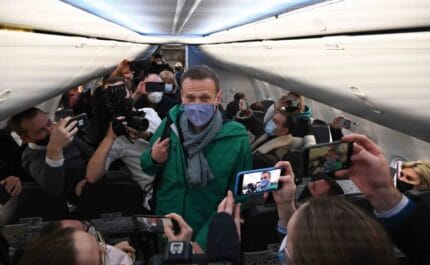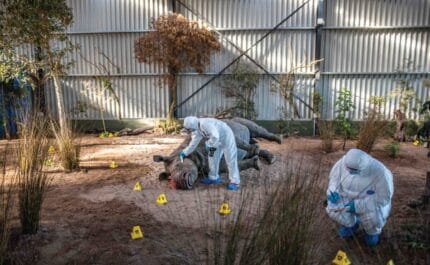Moment that mattered: The Port Said Stadium disaster
On 1st February 2012, a brutal confrontation between fans of rival Egyptian football clubs resulted in 74 deaths and 500 injuries among supporters of the Al-Ahly club. In DG #6 we spoke to a member of the Al-Ahly Ultras, a supporters’ group, who was at Port Said Stadium that day, about his memories of one of the worst disasters in footballing history

Egyptian fans clash with riot police following Al-Ahly’s match against Al-Masry in Port Said, Egypt. Photo: AP Photo
1st February 2012 (Taken from: #6)
The riot that broke out following a football match between Al-Masry and Al-Ahly, two rival clubs in the Egyptian Premier League, on 1st February 2012, resulted in 74 deaths – many of them occurring when police failed to open a stadium exit, trapping hundreds of Al-Ahly fans who were stampeding to escape. After a closure of six years, Port Said Stadium was opened again on 10th February 2018, when the Al-Masry team returned to their home ground to beat Green Buffaloes of Zambia 4-0 on the opening weekend of the African Confederation Cup.
The intervening years had seen 73 people involved in the disaster, including nine police officers and two Al-Masry officials, tried amid bitter recriminations from the supporters’ group the Al-Ahly Ultras. After lengthy appeals and protests on both sides, and a round of retrials, 21 of the defendants were acquitted, while 41 received prison sentences and 11 were sentenced to death.
In 2012, we spoke to a member of the Al-Ahly Ultras about his memories of the disaster and his experience of being trapped in the tunnel where so many of his fellow supporters died.
The supporters of Al-Masry are some of our greatest rivals. We fans of Al-Ahly have been fighting with them for generations, but this time we weren’t going to make any trouble because of the state of the country.
We got to Ramses station five minutes before the kick off, which was delayed for 30 minutes due to fans on the pitch. Our coach wanted to cancel the game: the atmosphere was wrong, something was different.
With every goal Al-Masry scored their fans were entering the pitch and after the final whistle they stormed on to it. They weren’t celebrating, but heading towards us. We could see the cops in front of us and we thought they would stop them from attacking us, but we saw them move aside, the gate open and the fans coming like a storm.
It wasn’t just about killing, it was about humiliating people”
There were hundreds of them. First we headed to the gate as it’s small and we thought we could control it. But they were so close and they were armed – sticks with nails in them, knives, fireworks… Half the fans went to the upper tier but the Al-Masry fans caught them and they were beaten and thrown over the side. A lot of people were killed with their club scarves – it wasn’t just about killing, it was about humiliating people. It’s like a nightmare every time I remember it.
We went through the tunnel that would take us outside the stadium, but the gates at the other end were locked. Eight hundred people were stuck in this tunnel in just 60 square metres. We started to fall down on each other. There were five levels of people on top of each other. You couldn’t see whole people, their bodies were buried by the other bodies. The army were guarding the gate and just watching.
The first person to die in the tunnel, whose name was Yousef, was a great hero. He was outside the gate because he went to the bathroom 15 minutes before the end of the match and when he came back he found the gates were locked. So he got a stone and tried to break the lock off the gate. He couldn’t do it and he was still pulling at it with his own hands when he was crushed under the weight of all the people.
I could hear people screaming for help. The guy on top of me started screaming, they must have stabbed him. In that moment I took the hard decision to move [back towards the pitch]. That decision still makes me feel so guilty. Every step I took there was pain in my heart because I was stepping on someone. Maybe I killed someone by doing this. There was no choice.
The idea of going with seven friends to watch a match and only coming back as four, leaving three behind…
The ambulances weren’t allowed into the stadium and we still don’t know why. We could see the ambulances and hear them but they couldn’t get in. After 45 minutes the army started shooting in the air to keep the Al-Masry fans away from us. It took another hour to release everyone in the tunnel.
The dressing room was full of dead bodies. We were lost, trying to find friends, making phone calls. The Al-Masry fans were shouting: “We killed your mate, come and get him.” One dead body had “Port Said” written on him with a knife. We couldn’t believe the numbers. We heard ten people died, then 35, then 51. The effect will go on forever. We lost our brothers. The idea of going with seven friends to watch a match and only coming back as four, leaving three behind…
Nothing will make us calm until we see them all brought to justice, everyone who was responsible for this.
Slow Journalism in your inbox, plus infographics, offers and more: sign up for the free DG newsletter. Sign me up
Thanks for signing up.








